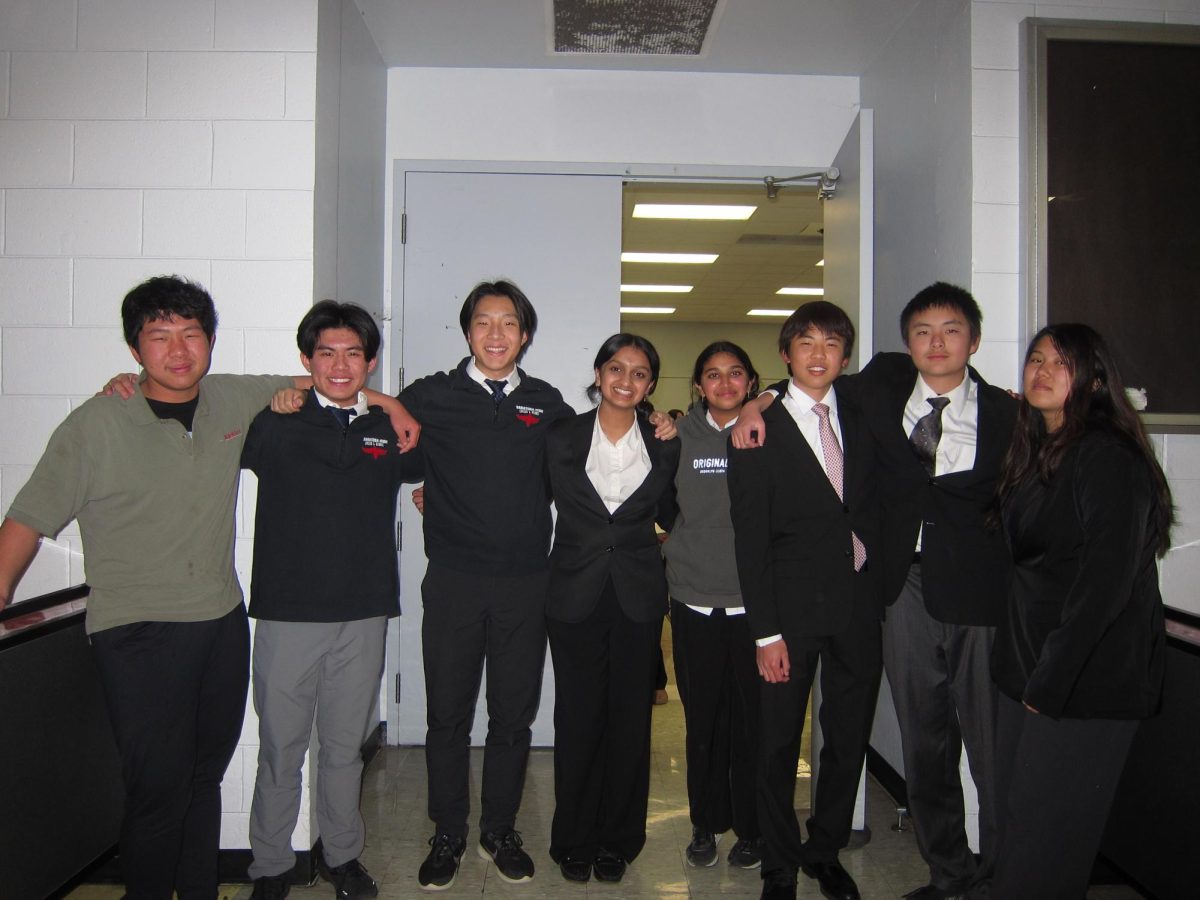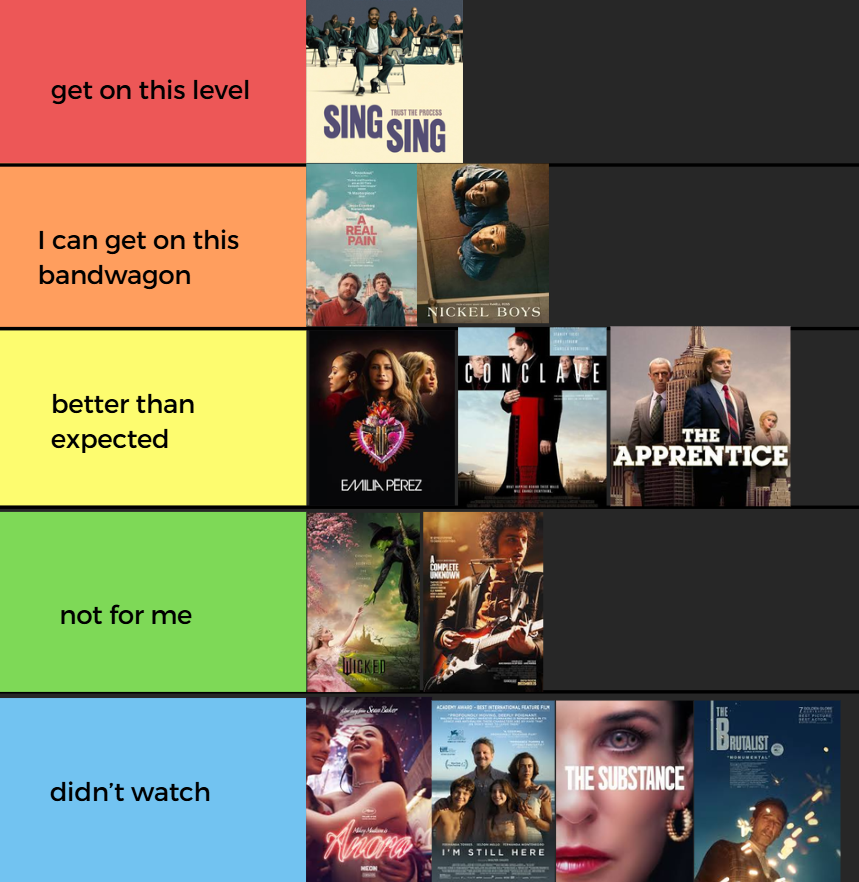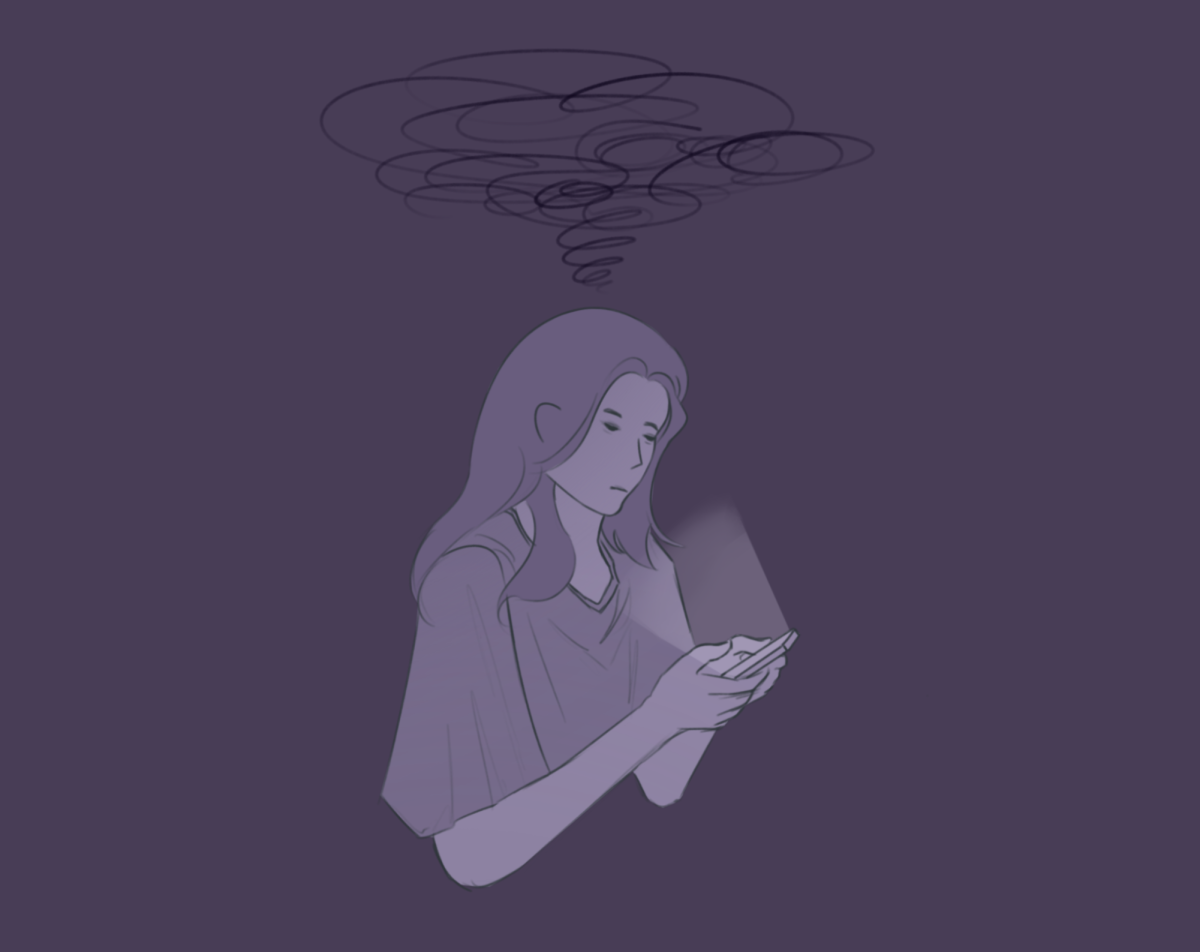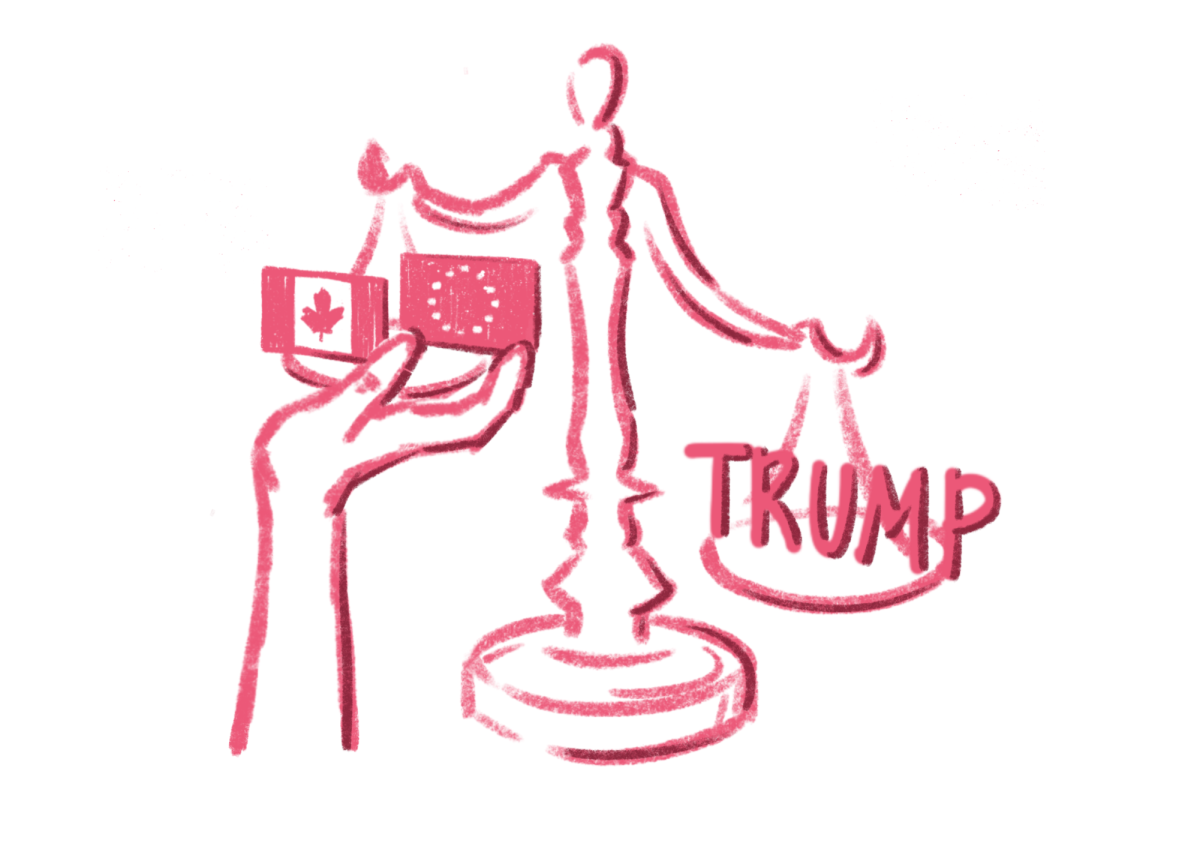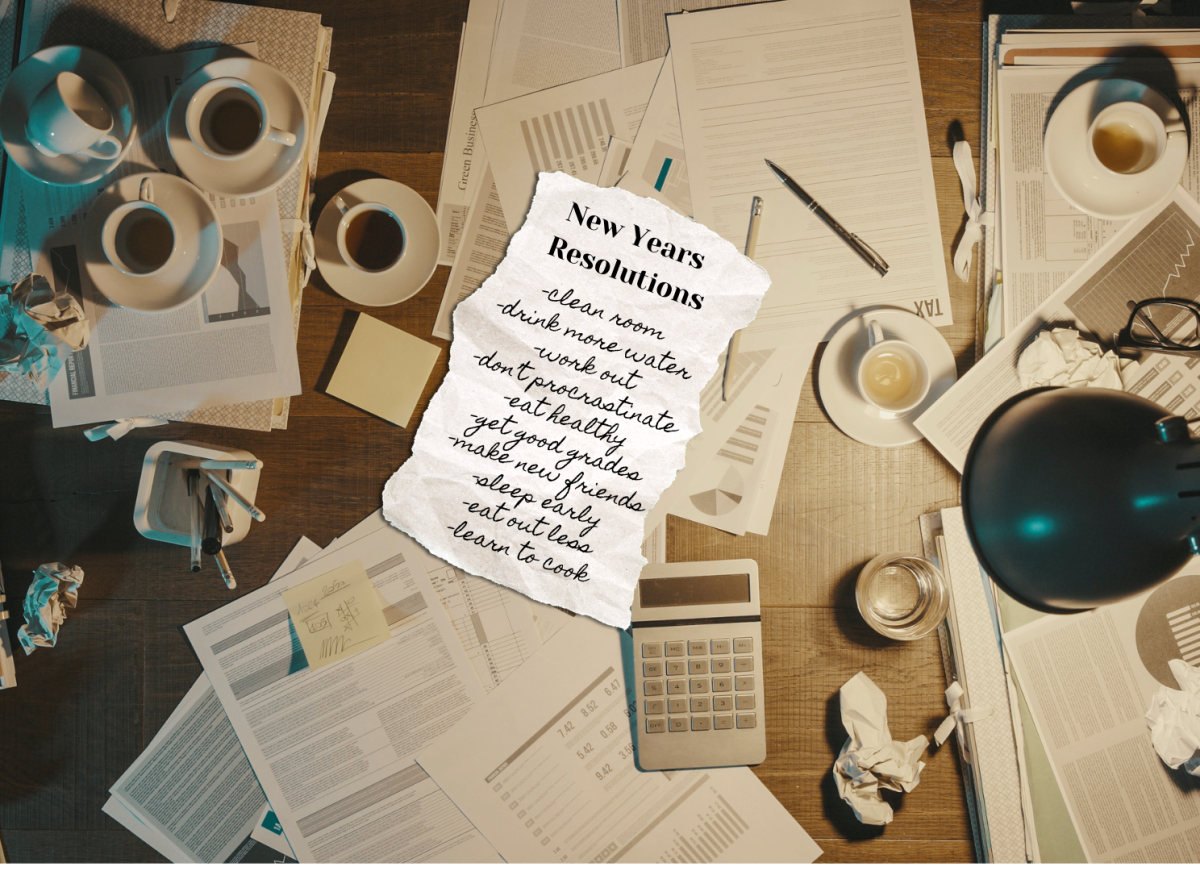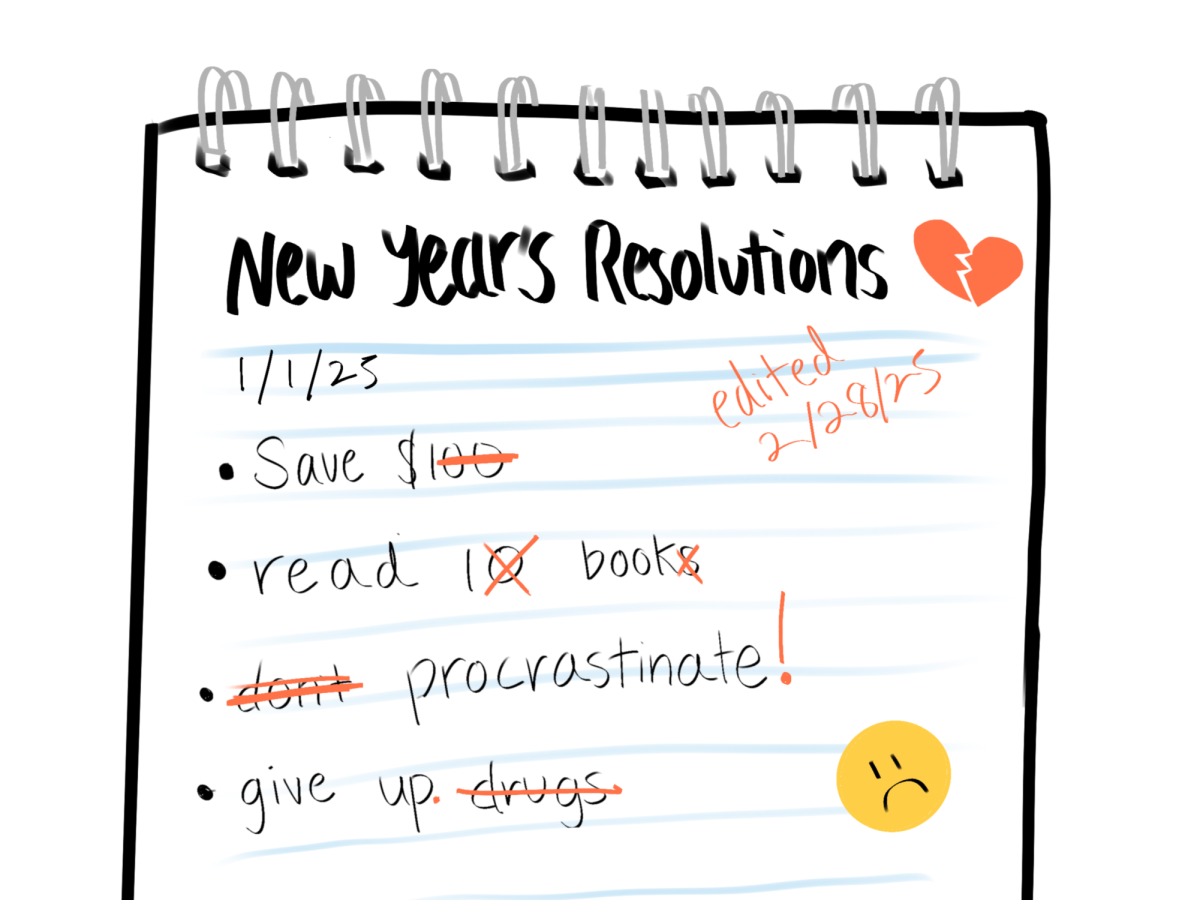When you see a Middle Eastern man in an airport, how do you react? Does it make you feel safer when you see a man with a turban going through extra measures of security? If so, why? What does that tell you about yourself? Isn’t it ridiculous to fear all Germans because of Hitler, Russians because of Stalin, Italians because of Mussolini?
So then what justifies the assumption that all Middle Easterners should be feared because of Al Qaeda and Bin Laden? Such ill-informed feelings can easily be deemed as racist and judgmental. Because of hysteria and such racial tensions, genocides have been a significant part of history.
The Holocaust, for example, eradicated 6 million innocent Jews because of one man’s hatred for a culture and his ability to brainwash others into feeling the same way. Even more inappropriate than these tacit notions is authority figures encouraging the prejudgments, assuring that it’s natural for people to succumb to hysteria.
Recently, Juan Williams, an esteemed analyst for National Public Radio, was fired for remarks he made on the FOX News Channel about Muslims. Williams stated, “When I get on the plane, I got to tell you, if I see people who are in Muslim garb and I think, you know, they are identifying themselves first and foremost as Muslims, I get worried. I get nervous.”
NPR was right to fire Williams, in the process drilling into Americans’ minds that these comments are not only unreasonable but also unacceptable. Especially with authority figures like Williams, there is a fine line between freedom of speech and unnecessary racist comments.
Williams’ controversial statement brings up the debated topic of teachers bringing opinions regarding race and religion into a classroom. For example, it crosses the line for a teacher to use a “seeing a Muslim in an airport” in a classroom to explain the concept of hysteria. What happens if this teacher takes the hypothetical situation too far? Does it make it all right if they assure the class that the justification for their thoughts lie in humans’ natural instinct to think the same way as everyone else, to assume the worst of people?
The pathetic excuse of succumbing to hysteria in fearing Muslims should not be any more pitied than a rebellious teenager’s falling into peer pressure to do drugs. In a classroom, students must be educated, not brainwashed. As soon as teachers attempt to influence their students’ opinions and views, society will become corrupt.
The fate of America and the ridding of the racism lies in the hands of the young generation. However, with these authority figures influencing notions similar to those of many white Americans leading up to the Civil Rights Movement, racist tensions won’t ever disappear. Strict rules and proper consequences must be implemented to maintain order in society and allow people to feel comfortable in an accepting environment.
As Elia Kazan, a Greek-American movie director, once said, “Whatever hysteria exists is inflamed by mystery, suspicion and secrecy. Hard and exact facts will cool it.” The bottom line is teachers and commentators (and all authority figures for that matter) should stick to teaching and reporting the “hard and exact” facts, leaving opinions and irrational thoughts to themselves. This seems unrealistic yet so reasonable at the same time. It’s obviously tough to be completely opinionless, but when it comes down to race, religion and politics, such blatant prejudices should be kept to oneself.


